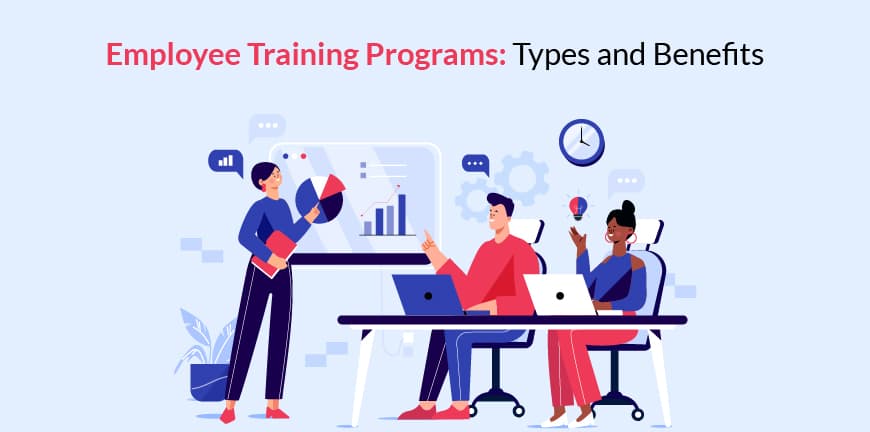Taco Bell Parent Unveils Internal AI Suite for Restaurant Managers
Yum Brands showcased an internal AI product suite called Byte by Yum that is designed to assist restaurant managers with scheduling, inventory forecasting, order flow and other operational tasks. The move matters to employees because the tools could change manager workflows, staffing decisions and frontline shift allocations even as the company says the technology is intended to support managers rather than directly cut payroll.
Yum Brands, the parent company of Taco Bell, demonstrated an internal artificial intelligence product suite in a March 2025 report by Reuters, positioning the technology as a management support tool rather than a means to reduce headcount. Branded internally as Byte by Yum, the suite is designed to help restaurant managers with forecasting inventory, managing order flow and recommending scheduling adjustments. The company was also trialing AI voice ordering in drive through lanes at several hundred locations at the time.
The technology is being framed as a way to improve operational accuracy and reduce routine burdens on managers who currently spend hours on scheduling and inventory tasks. Byte by Yum aims to recommend shift adjustments and inventory orders based on predicted demand, which could lead to more precise labor allocation and fewer last minute schedule changes. At the same time, the voice ordering trials are testing automation at the customer interface, which could affect order speed and the nature of front line work.
For employees and managers, the introduction of these systems presents a mix of potential benefits and concerns. Improved forecasting and scheduling could reduce instances of understaffing and excessive overtime, and free managers to focus on training, coaching and customer service. Conversely, the increased reliance on algorithmic recommendations may shift managerial discretion over staffing decisions, create new performance expectations, and require additional training on how to interpret and act on system outputs.
Labor relations and workplace culture will be critical as deployments expand. Clear communication about how recommendations will be used, safeguards against automated decisions that override human judgment, and investment in upskilling managers and crew will shape how workers experience the change. The voice ordering trials will also raise questions about accuracy, customer interactions and the allocation of front line tasks.
As Yum Brands continues trials and refines Byte by Yum, employees should watch for pilot outcomes, changes to scheduling processes and any adjustments to manager responsibilities. How the company balances efficiency gains with worker autonomy and transparency will determine whether the technology is seen as a tool that supports staff or as a driver of cost cutting.
Sources:
Know something we missed? Have a correction or additional information?
Submit a Tip

